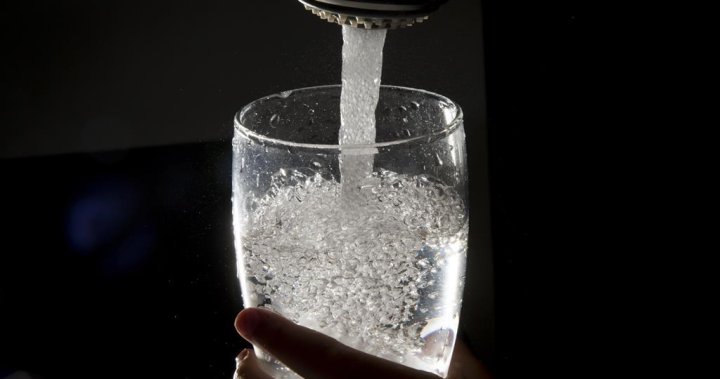Halifax Water Lifts Boil Water Advisory After Two Days
A boil water advisory affecting over 200,000 residents in the Halifax Regional Municipality (HRM) has been lifted, bringing relief after two days of disruption. Halifax Water, the utility company responsible for the region’s water supply, announced the advisory’s termination on Thursday morning, just before 9 a.m. This advisory was initially issued on Tuesday following a power interruption at the J.D. Kline (Pockwock) water treatment facility in Beaver Bank, a major hub supplying water to a large portion of the HRM.
The impacted areas encompassed a wide swath of communities, including Middle and Lower Sackville, Upper Hammonds Plains, Hammonds Plains, Bedford, Halifax, Timberlea, Spryfield, Fall River, Waverley, Windsor Junction, and Herring Cove. The advisory was put in place as a precautionary measure to ensure public safety after the power interruption at the treatment facility. Residents were advised to boil their water vigorously for at least one minute before consuming it or using it for activities such as brushing teeth, washing fruits and vegetables, preparing food and ice, or mixing baby formula.
Halifax Water diligently monitored the water system and conducted the necessary sampling required by Nova Scotia Environment and Climate Change (NSECC) and the medical officer of health. The utility company confirmed that the test results from all collected water samples met the stringent quality standards established by NSECC, paving the way for the lifting of the boil water advisory. The company assured residents that the water is now safe for consumption and all regular uses.
Following the lifting of the advisory, Halifax Water advised residents to flush their water lines for a period of ten minutes to clear out any potentially stagnant water. This flushing is particularly important for appliances like refrigerators and water dispensers that store water. Additionally, residents were instructed to discard any ice made during the advisory period, whether from ice makers or ice cube trays. The Halifax Regional Centre for Education promptly removed barriers and signs from water fountains and taps in schools, signaling a return to normal operations.
The power interruption at the Pockwock Lake treatment facility occurred during a planned power outage on Monday night. While the facility’s systems were operating on generators, a blown fuse occurred during the restoration of power. This resulted in a temporary lapse in chlorine disinfection, lasting approximately 30 minutes, even though the water continued to be treated. This lapse in chlorination, while brief, necessitated the issuance of the boil water advisory to protect public health.
This incident marks the second boil water advisory in recent months attributed to the Pockwock facility. In July, an electrical malfunction at the same facility led to a similar advisory lasting 40 hours. Notably, Halifax Water is in the final stages of installing a system that would ensure continuous chlorination even during power outages. This upgrade, recommended after the July incident, is expected to enhance the facility’s resilience and minimize the risk of similar disruptions in the future. The unfortunate timing of this latest incident, occurring just days before the completion of this upgrade, underscores the need for such improvements.










